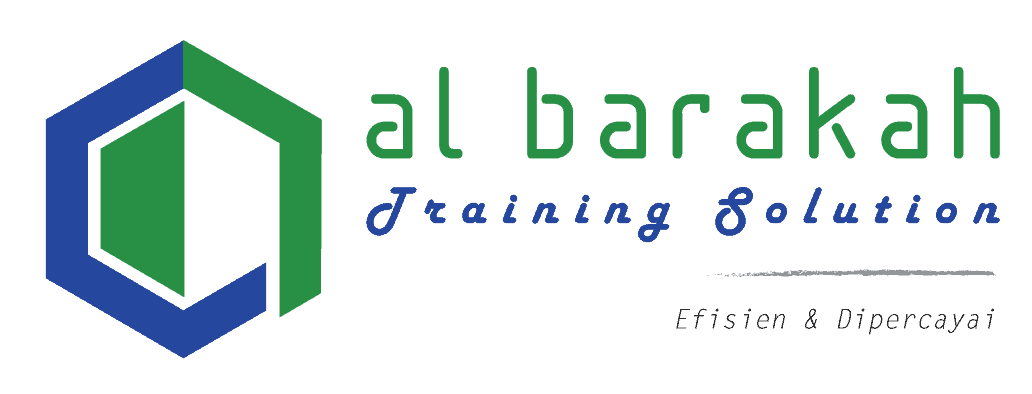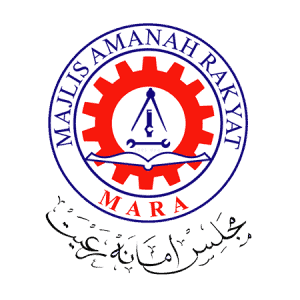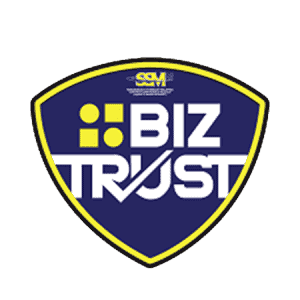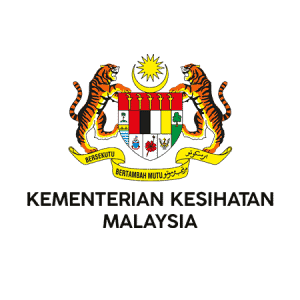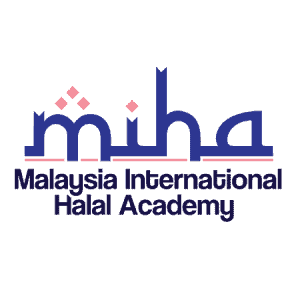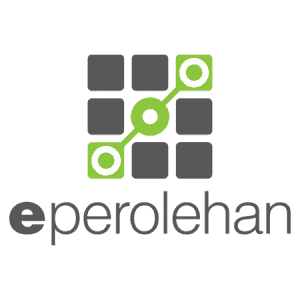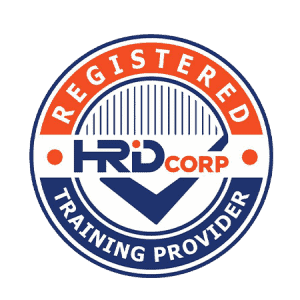This comprehensive course on Malaysia Food Acts and Regulations is designed to provide in-depth knowledge on the regulatory requirements for food products in Malaysia. The course covers essential aspects of food safety regulations, including permitted food additives and nutrients, labeling requirements, permissible and prohibited claims, and packaging provisions under the Malaysia Food Regulations 1985.
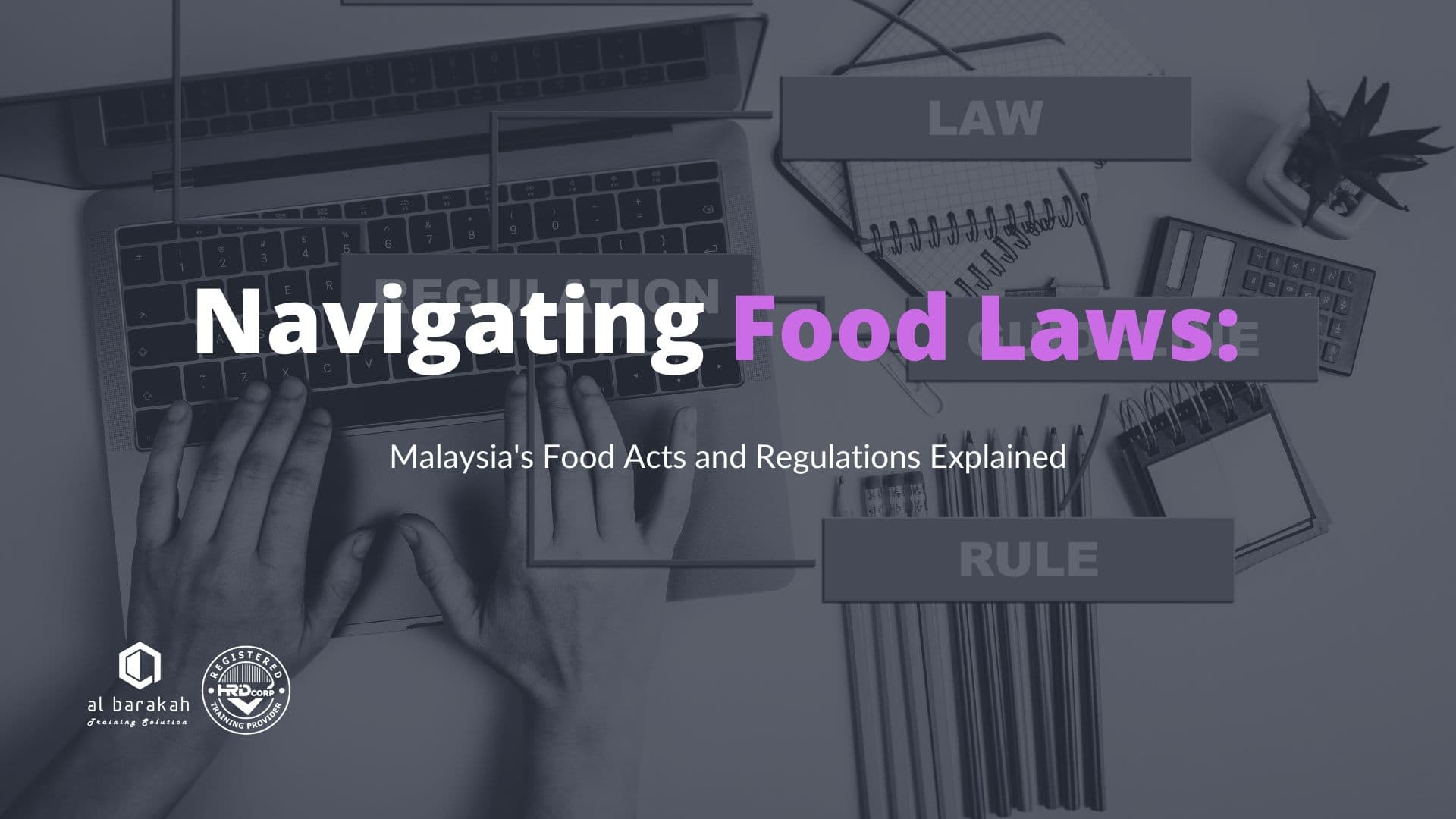
It also delves into the Food Hygiene Regulations 2009, Food Irradiation Regulations 2011, and relevant animal acts and trade description acts that impact the food industry.
By participating in this course, food industry professionals will gain a thorough understanding of the current regulatory framework and how to ensure compliance with these regulations. This knowledge is crucial for producing safe food products, enhancing consumer trust, and facilitating smoother trade operations.
How Malaysia Food Acts and Regulations Training can benefits to participants:
- Comprehensive Understanding of Food Regulations
- Participants will gain a detailed understanding of the various food acts and regulations in Malaysia, including the Food Acts 1983 and Food Regulations 1985, ensuring they are well-informed about the legal requirements for food safety and compliance.
- Improved Compliance and Risk Management:
- By understanding the regulatory requirements, participants can implement effective compliance strategies within their organizations. This will help in minimizing the risk of non-compliance, legal issues, and potential product recalls.
- Enhanced Food Safety Practices:
- The course will provide practical guidelines and best practices for adhering to food safety regulations, thereby enhancing the overall safety and quality of food products. This is critical for maintaining high standards in food production and ensuring consumer safety.
- Increased Market Access and Consumer Trust:
- Compliance with food regulations is essential for accessing both local and international markets. Participants will learn how to navigate these regulations effectively, thereby improving marketability and consumer trust in their products.
- Knowledge Sharing and Networking:
- The course offers an interactive learning environment where participants can share knowledge and experiences with peers from various sectors of the food industry. This networking opportunity can lead to valuable collaborations and the exchange of best practices.
- Integration with Halal Certification Requirements:
- Participants will also gain insights into how food safety regulations align with Halal certification requirements. Understanding this integration is essential for companies aiming to obtain or maintain Halal certification, thereby expanding their market reach to include Halal-conscious consumers.
Benefits to Various Food Industries:
Manufacturing and Production:
- Companies involved in food manufacturing and production will benefit from understanding the regulatory requirements for food additives, labeling, and packaging, ensuring their products meet all legal standards.
Quality Assurance:
- Quality assurance personnel will gain insights into the necessary documentation and processes required for compliance, enabling them to implement robust quality control measures.
Sales and Marketing:
- Sales and marketing teams will learn about the permissible claims and labeling requirements, helping them to market their products accurately and legally.
Food Safety Teams:
- Food safety teams will acquire knowledge on the latest food safety regulations and how to conduct internal audits to ensure ongoing compliance.
Managers and Supervisors:
- Managers and supervisors will be better equipped to oversee regulatory compliance within their organizations, fostering a culture of safety and quality.
This course is an invaluable resource for anyone involved in the food industry, providing the knowledge and tools needed to navigate Malaysia’s food regulatory landscape effectively.
